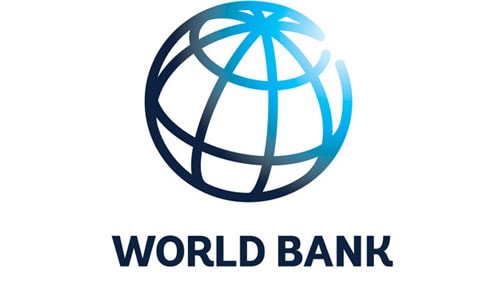Staff Reporter Islamabad
The world is mobilising to tackle the looming crisis of global warming but no scenario for achieving the 1.5-degree climate goal is feasible without decarbonising transport.
The global transport sector emits around 24 percent of the world’s total energy-related carbon emissions, and this is expected to grow by 60 percent by 2050, said Mari Elka Pangestu, World Bank Managing Director of Development Policy and Partnerships, in her blog.
The pressing need to address transport’s many challenges brought some of the most important partners to the World Bank Group Spring Meetings last week.
Transport is one key area where transformational action is needed under the Bank Group’s green, resilient, and inclusive development (GRID) approach , which framed discussions at the meetings.
It is encouraging to hear about the myriad initiatives and programmes around the globe that include transport emission mitigation.
So much is being done – but unfortunately, all this has not been enough to change the emissions growth trend.
It is clear that progress will require doing things differently, and working much more closely together.
We need to approach transport decarbonization in a strategic, systemic, and coordinated manner, not as an add-on to other efforts.
One central obstacle is that transport lacks global instruments to create, test, nurture, coordinate, and scale-up solutions.
To develop solutions at scale, the World Bank, other multilateral development banks, bilateral development agencies, and the private sector will need to come together and leverage their resources.
This is why we have launched the Global Facility to Decarbonize Transport (GFDT), a major multi-donor trust fund that is wholly focused on solving the transport decarbonization issue, and tackling related challenges from access to safety.
It aims to make transport decarbonisation the catalyser that will help improve lives, create opportunities—especially for the poor, women, and girls—and boost country competitiveness.
This can be accomplished by expanding the horizon for cooperation and coordination, as well as leveraging resources and influencing investments at a global level.










